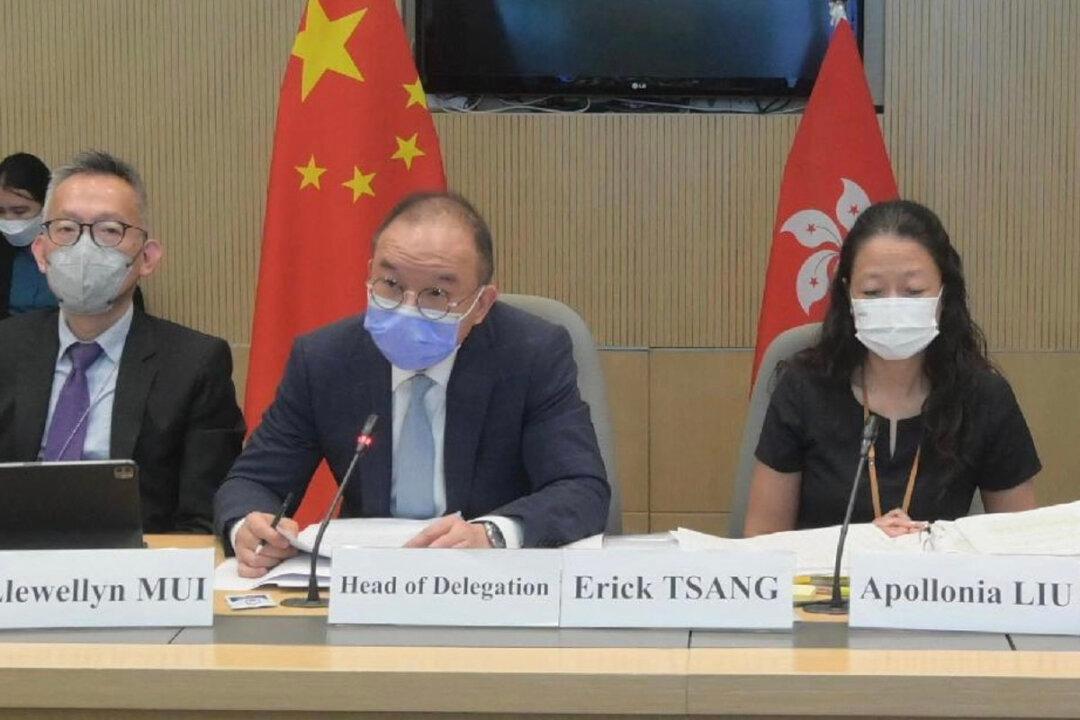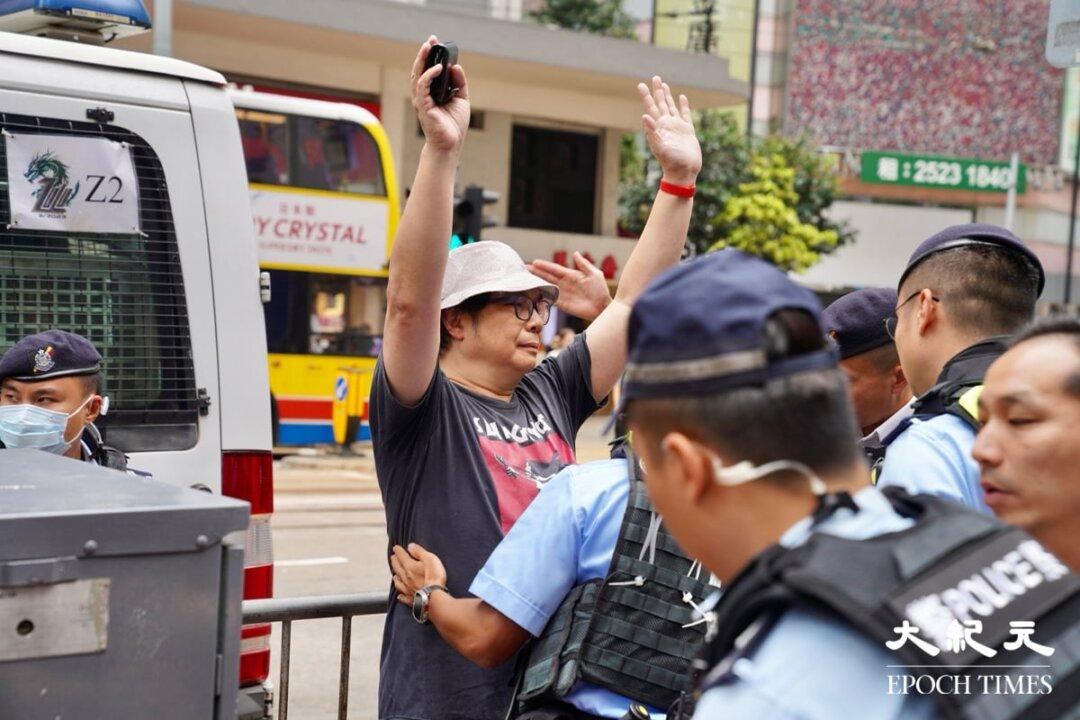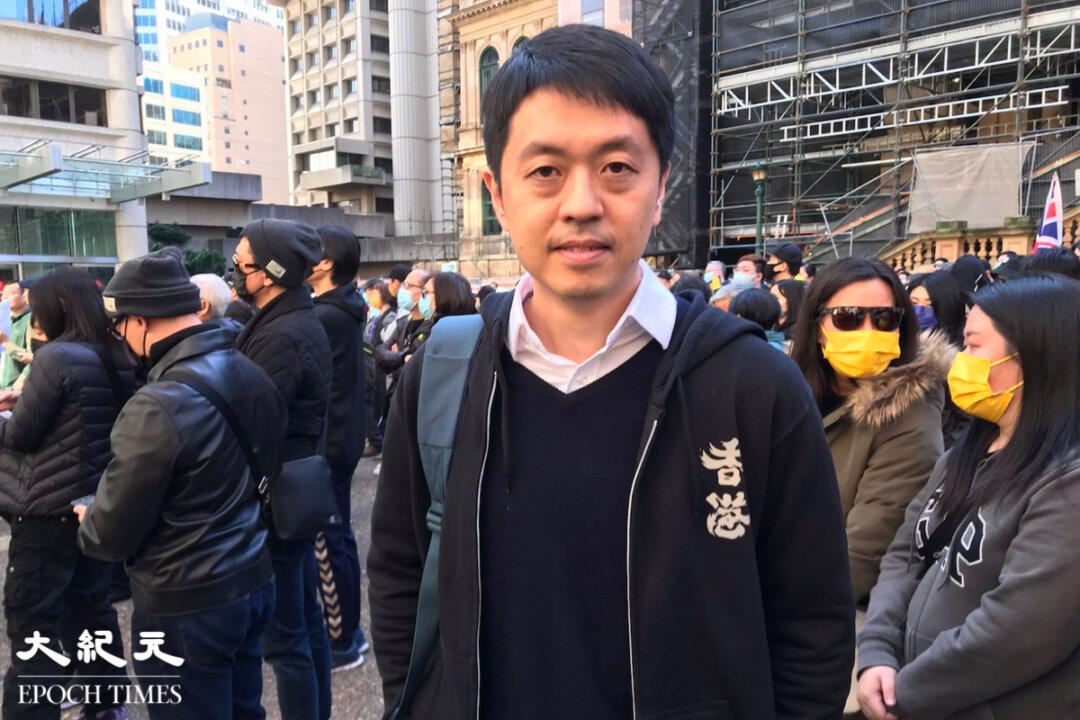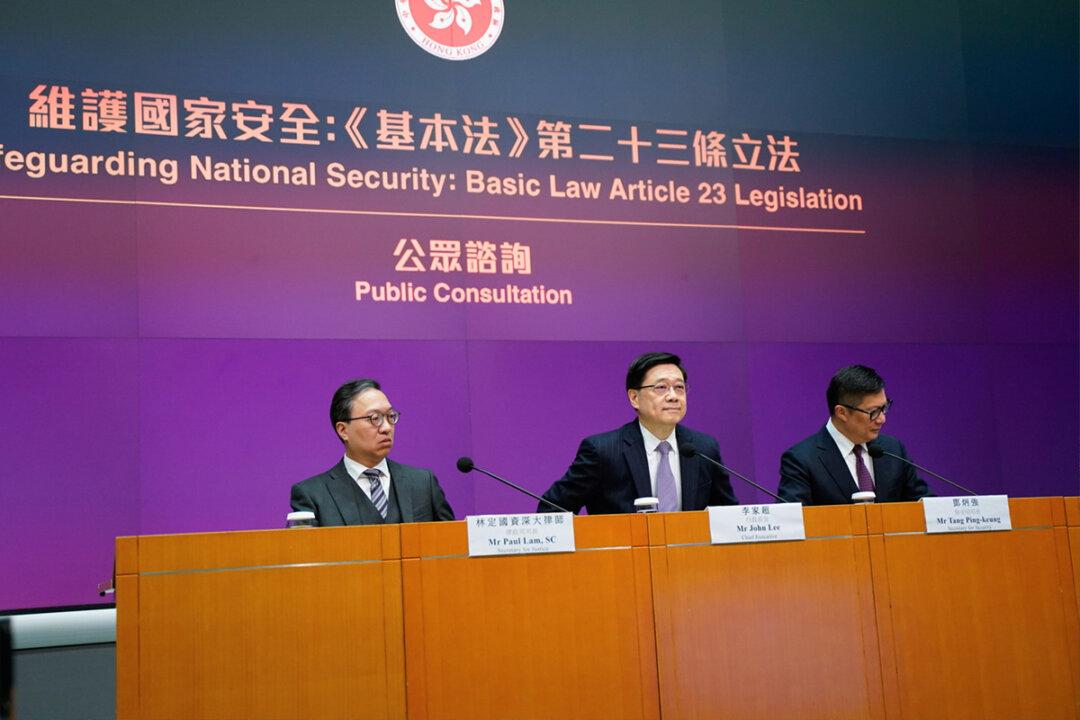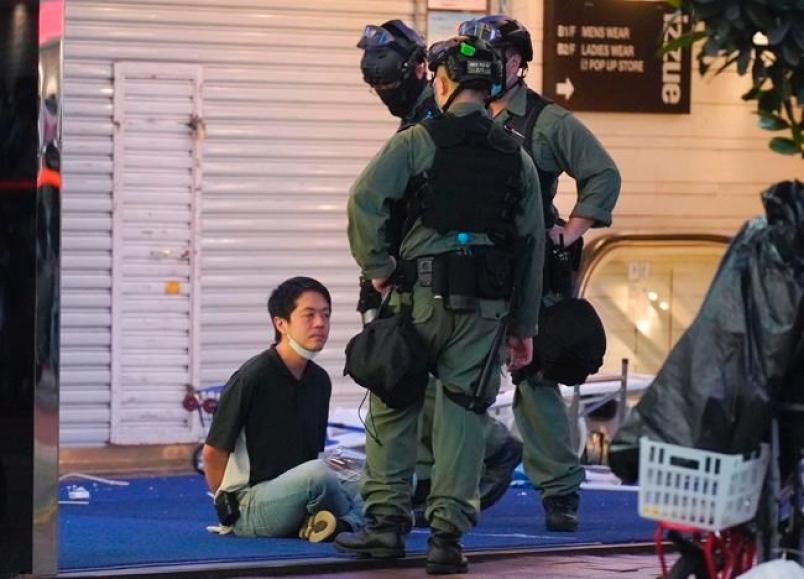The United Nations Human Rights Committee (UNHRC) once again reviewed Hong Kong’s status under the International Covenant on Civil and Political Rights. It was the first time such a review took place since the “forceful” implementation of the Hong Kong National Security Law (NSL) on June 30, 2020.
During the three-day meeting, on July 7, 8, and 12, many UNHRC members raised concerns about the impact of the NSL on the human rights deterioration in Hong Kong.
